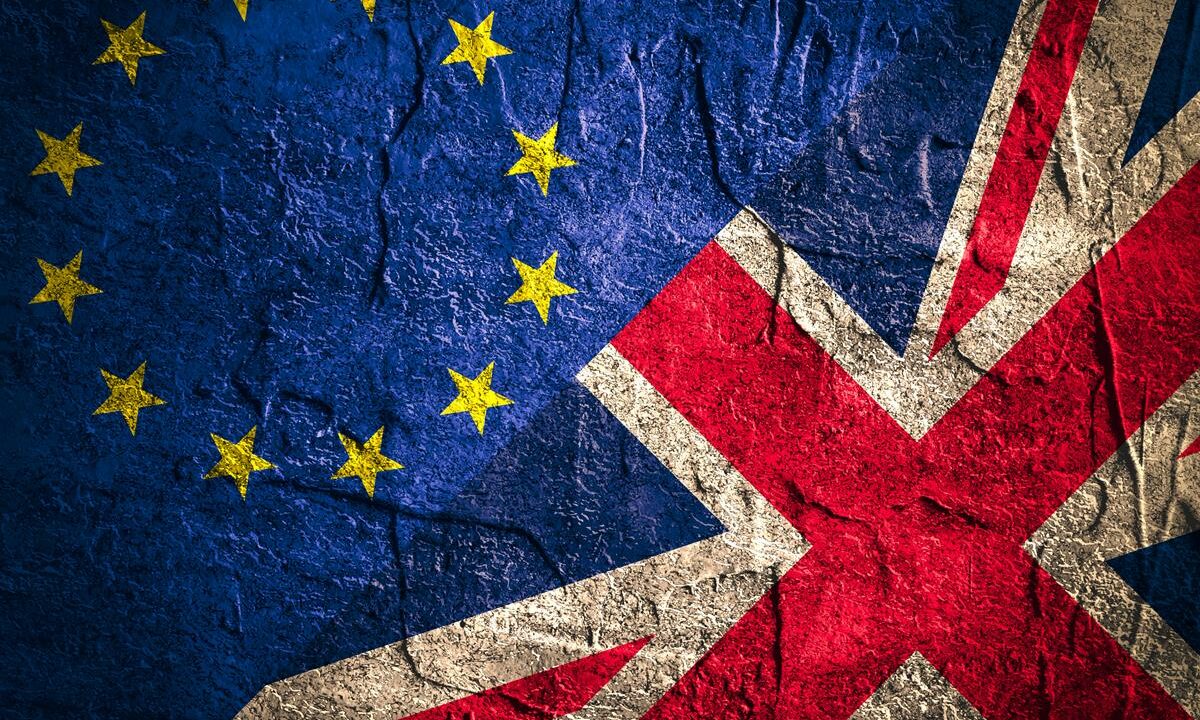Targets set out in Food Wise 2025 may no longer reflect what is possible, according to a report from the Joint Committee on Agriculture, Food and the Marine.
The report, titled Impact of the UK Referendum on Membership of the European Union on the Irish Agri-Food and Fisheries Sectors, recommended that a re-evaluation of targets set out in Food Wise 2025 must be undertaken.
This was just one of 27 recommendations made in the report. It highlighted that Ireland does not seek a position of advantage, but is seeking an opportunity not to be placed at a unique disadvantage following Brexit.
The Irish Cattle and Sheep Farmers’ Association (ICSA) has welcomed the calls to review the Food Wise 2025 targets.
ICSA has been calling for a complete review of the objectives of Food Wise 2025, which is all about expansion of output especially in dairying but with a knock-on impact on beef supplies, ICSA President Patrick Kent said.
“Given the risks posed by Brexit and the uncertainty around new markets, it is surely time to look at sustainable downsizing until it can be seen if prices will rise to a viable level,” he said.
Expansion of beef output at this point looks like a crazy policy, in view of the glut of beef expected in 2017.
“In the context of Brexit uncertainty, dismal farm incomes and the looming threat of more trade deals on the heels of CETA, advising livestock farmers to increase production is foolhardy in the extreme.
“Having met with the UK Minister for Agriculture Andrea Leadsom in recent weeks to discuss the impact of Brexit on both our agri-economies, I am even more convinced that increased prudence is required rather than increased production,” Kent said.
‘Government must play a significant role in Brexit Negotiations’
Meanwhile, IFA President Joe Healy believes there are two key issues for the agriculture sector, which will be caused by Brexit, that need to be addressed.
These include putting in place the closest possible trading relationship between the UK and the EU, as well as the provision of a strong CAP budget following the UK departure, he said.
The Government must use the strong relationship it has with both EU and UK leaders to influence a constructive approach to these difficult negotiations.
“The retention of free trade in agriculture and food products between the EU and UK, and maintaining the value of the market, must be the Irish priorities,” Healy said.
Regarding CAP, the IFA President said there can be no reduction in the CAP budget as a result of Brexit.
Any budget shortfall arising from Brexit must be made up by the remaining Member States, so that farmers are not hit with CAP cuts when the UK leaves, he added.
